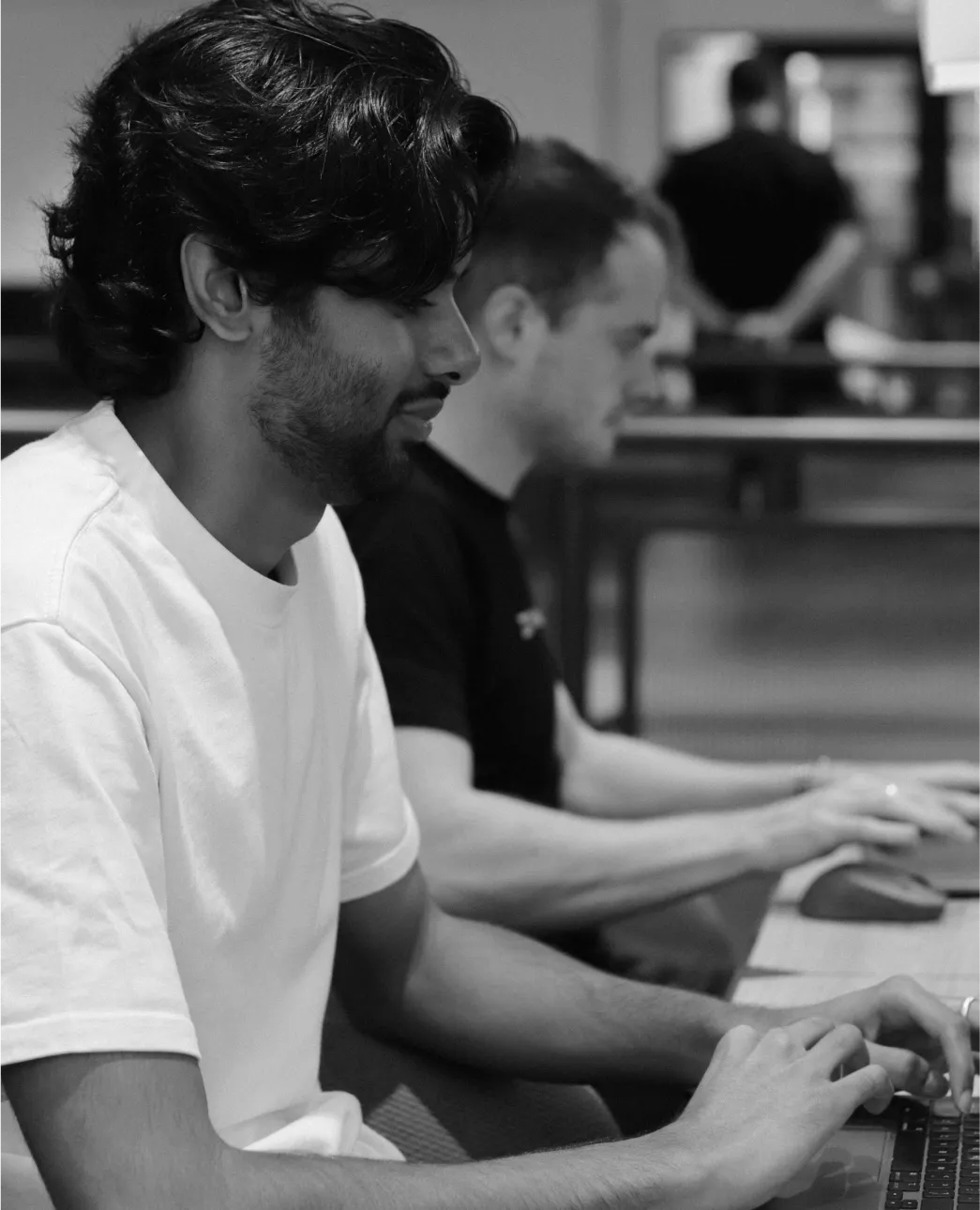
Luke
Trickett
Director and CEO
Investor Centre

Company Bio
Invoices with net terms represent the leading reason for business not being paid on time, or at all.
Because invoices represent a delayed payment obligation, they need a payment service to solve the age-old ‘cash flow’ problem created by them. Getting a loan against unpaid invoices does not make them paid invoices and does not serve the business.
Marmalade is an invoice payment company that empowers and strengthens the financial position of small and medium businesses (SMBs) by enabling the payment of invoices, on-demand.
There are three primary reasons why unpaid invoices are not an asset that should be borrowed against and which underscore why Marmalade will never lend money.
We will allocate capital in a manner that aims to build, defend and strengthen the durability of Marmalade’s competitive position over the long term - which is a prerequisite for being able to deliver attractive returns on that capital, sustainably over the long term.
We act this way because we have every reason to expect that over time, Marmalade's intrinsic value will reflect the compounded growth that has been achieved and business's potential earning power in the years ahead.
However, in the short term our share price will at best be a point-in-time proxy for this intrinsic value - a proxy that will no doubt move around according to short term events, likely driving a departure from our intrinsic value.
As custodians of Marmalade's assets, operations and future earning power, the board and senior executives will ensure the business looks through transient events and maintains a stable eye on the long term opportunity, because over time the two variables of share price and intrinsic value will converge, while the noise of short term events will fall away.
Being so tightly integrated into our customer’s operations, many businesses have come to rely on Marmalade to meet and manage their day-to-day financial requirements. This dynamic underscores, with sobering importance, why Shareholders must know that we will prioritise the long term strength of Marmalade over everything else, including our short term performance and capital efficiency. As you may infer, we will hold ourselves to a standard that we think is commensurate with the trust placed in us. This standard will rarely be set by external bodies, as we see the requirements of outsiders as the lowest bar for Marmalade to clear. No one will hold us to a higher standard than that which we hold ourselves to. I expect our Shareholders to require nothing less as we ensure Marmalade remains unquestionably strong in every respect, today and tomorrow.
Subject to that important qualification, our aim is to maximise Marmalade’s long term average annual rate of gain in its net asset value, on a per-share basis.
Though as we progress along this path, we will frequently make mistakes and falter. We recognise our shortcomings and will always remain accountable to our decisions and actions, whether their consequences remain visible or not. Importantly, this is not the disposition of one person, but represents the way Marmalade operates, which is best captured by the pithy aphorism ‘from the inside out’. Not only does this describe our sense of accountability, but it summarises how we think about risk and pricing, how we develop and expand the product, how we report and communicate, how we nurture our team and ultimately the result we may deliver for Shareholders. We believe this is the only way to build a company (especially one delivering a financial service) that is aligned through all its layers of stakeholders.
Underpinned by this approach, we will communicate with Shareholders in a manner that ensures a comprehensible summary of our performance, with updates provided at the same time, with the same material to all Shareholders. Where estimates are required to be made (a natural byproduct of any business, especially one engaged in underwriting activities), we will ensure these are made on a consistent and conservative basis, with any changes to the methodology supporting these estimates, disclosed in a clear and timely manner. There will be no do-overs or accounting sleight of hand. And finally, as the business hasn’t acquired a crystal ball, Marmalade will not provide guidance around expected operating performance.
The tenets described above should enable our Shareholders to self-select themselves, whereby those who join us share a similar enthusiasm for the long term opportunity ahead and are aligned with how Marmalade operates, communicates and ultimately allocates capital. While we recognise that life happens and events may necessitate a premature sale of shares, Marmalade’s nirvana state of co-ownership is an individual Shareholder with an investment horizon that matches the tenure of the long-term opportunities the business is pursuing - provided Marmalade’s prospective returns remain attractive and management’s capabilities to execute, remain sharp. Any shareholder that co-owns Marmalade on these terms is allowing themselves and the business the potential for the most successful partnership possible.

Director and CEO

Director

Director

Director

COO

CTO
No, we’re not profitable yet.. So dividends remain an abstract concept for us. However, when Marmalade’s spring begins to bubble up and produce a stream of capital (i.e. profit), these funds will be reinvested back into the business in accordance with the tenets described in the Owners’ Manual.
If there remains no opportunity to reinvest a dollar and ensure a dollar or more of value is produced, then we will resolve to return the capital to Shareholders and pay a dividend. If and when that may occur is unknown.
A natural benchmark for a required rate of return on a (future) dollar of reinvested profit, and one which we must hold ourselves accountable to, is the opportunity cost to Shareholders - being at least the long-term average return of the stock market. We will be disappointed if we don’t hit this (when we're profitable..)